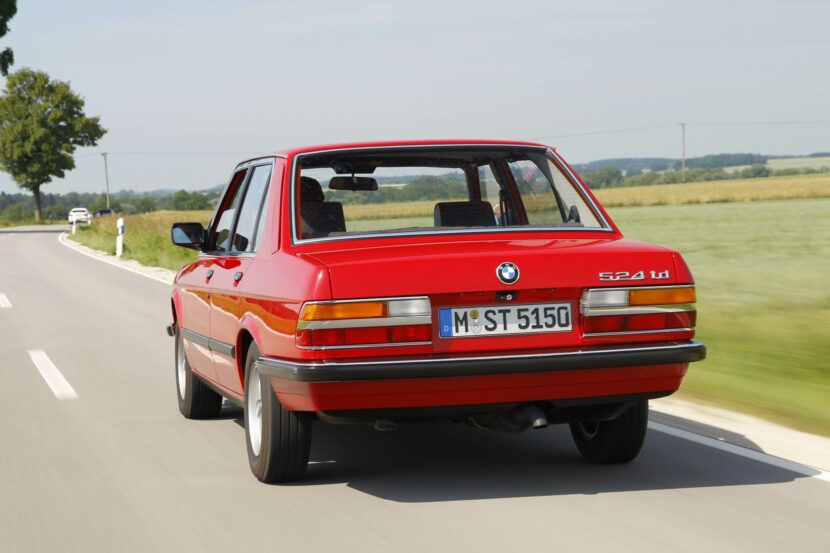Whether it’s a BMW, Ferrari, or a Dacia, an abandoned car is a sad sight. Years of neglect take their toll on a vehicle’s condition, especially if the said car hasn’t been driven or maintained for no fewer than 12 years like it’s the case with this 524td built in 1987. The very first production BMW with a diesel engine has certainly seen better days, but thankfully, someone decided to bring it back to life.
After power washing the 34-year-old midsize sedan to get rid of all the nasty dirt and gunk, the technician then got to work and popped up the hood to check out the state of the 2.4-liter diesel. BMW aficionados know this engine by its M21 codename and the interesting history behind it since the inline-six was actually based on a gasoline unit and was built by Steyr-Daimler-Puch.
It didn’t take a lot of work to resurrect the car as all that was needed was to charge the battery and install an aftermarket fuel tank since the original fuel lines were leaking. After being dormant since around 2009, this BMW 524td lives to see another day and it honestly doesn’t sound bad considering it hasn’t been serviced for such a long time.

Those who are unfamiliar with the 524td from the E28-era 5 Series should know it debuted in spring 1983 at the Frankfurt Motor Show. It produced 115 horsepower (85 kilowatts) and 210 Newton-meters (155 pound-feet) of torque from 2,400 rpm, which were pretty healthy output numbers for that time. In fact, it enabled the 524td to be crowned as the fastest production car with a diesel engine, sprinting to 62 mph (100 km/h) in 12.9 seconds before hitting a top speed of 112 mph (180 km/h). Being a diesel, it was also quite thrifty for 1980s standards by sipping only 7.1 liters / 100 km.
There was also a naturally aspirated version of the inline-six diesel, which was introduced in 1985 for the 324d. The oil-burner E30 was even more economical, at 6.9 liters / 100 km, but the turbo’s removal obviously lowered power to 86 hp (63 kW) and 152 Nm (112 lb-ft), enough for a sprint to 62 mph (100 km/h) in 16.1 seconds.
[Source: Flexiny / YouTube]




































































